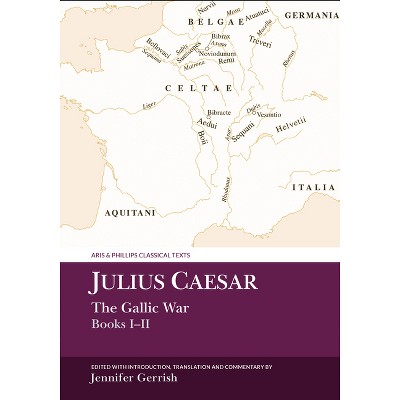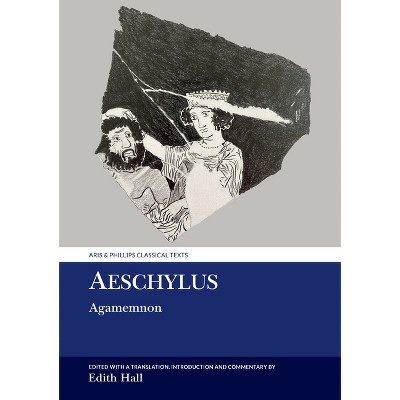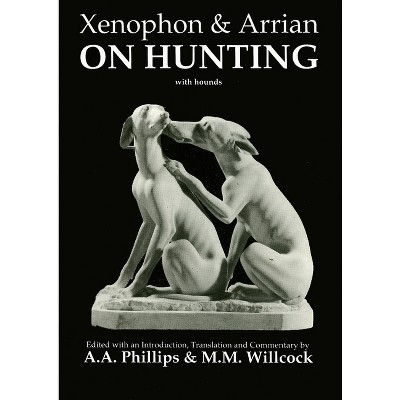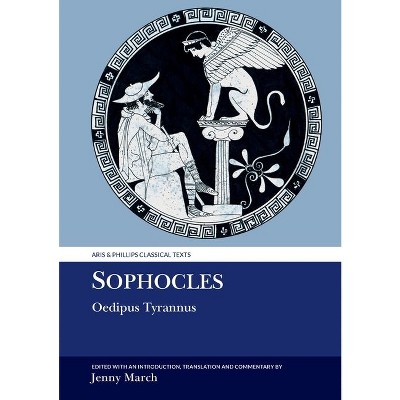Mimnermus: Elegies - (Aris & Phillips Classical Texts) by Dimitrios Kanellakis (Paperback)

About this item
Highlights
- The seventh-century BCE Greek poet Mimnermus of Smyrna, whom C. M. Bowra called "the most accomplished and the most musical" of the early elegists, has not been as lucky as other poets of his era.
- About the Author: Dimitrios Kanellakis is Early Career Fellow, Centre for Hellenic Studies, Harvard University and Adjunct Lecturer in Ancient Greek, University of Cyprus.
- 200 Pages
- History, General
- Series Name: Aris & Phillips Classical Texts
Description
About the Book
This literary commentary - the first full-scale scholarly commentary on the seventh-century BCE Greek poet Mimnermus in thirty years - brings this unjustly understudied archaic elegist back to the forefront of research, with analysis of language, meaning, audience, narrative structure and reception. With Greek text, introduction, translation and commentary.Book Synopsis
The seventh-century BCE Greek poet Mimnermus of Smyrna, whom C. M. Bowra called "the most accomplished and the most musical" of the early elegists, has not been as lucky as other poets of his era. Not updated by any recent papyrological discoveries (unlike e.g. Simonides, Archilochus or Sappho), his corpus remains slim, while the last full-scale commentary on his poems is now thirty years old. Hence the aim of this book is straightforward: to bring this unjustly understudied poet back to the forefront of research, and to advocate that, however exciting a papyrological discovery may be, one does not need new fragments to rediscover a classical author, insofar as "every rereading of a classic is as much a voyage of discovery as the first reading" (I. Calvino). This edition introduces a new Mimnermus, whose melancholy, it is argued against the common assumption, is only a generic pretext; behind that elegiac facade lurks a very playful poet, not just verbally and metrically spirited, but also ironical and risqué on occasions. The Introduction and Commentary analyze figurative language, alternative meanings, authorial markers, implied audience, performative clues, program of composition, narrative structure, intertextuality, and reception.
Review Quotes
'K. is assiduous in presenting this detailed and well-rounded treatment of the poet's surviving fragments. Besides the joys of youth, the spectre of death and the horrors of old age which loom large, Mimnermus also treats warfare and, famously in Fr.12 the sun's endless round and conveyance back east in the night.' Alan Beale, classics for all
About the Author
Dimitrios Kanellakis is Early Career Fellow, Centre for Hellenic Studies, Harvard University and Adjunct Lecturer in Ancient Greek, University of Cyprus. He is author of Aristophanes and the Poetics of Surprise (De Gruyter 2020), editor of Pathologies of Love in Classical Literature (De Gruyter 2021) and co-editor of Ancient Greek Comedy: Genre-Texts-Reception (De Gruyter 2020).










